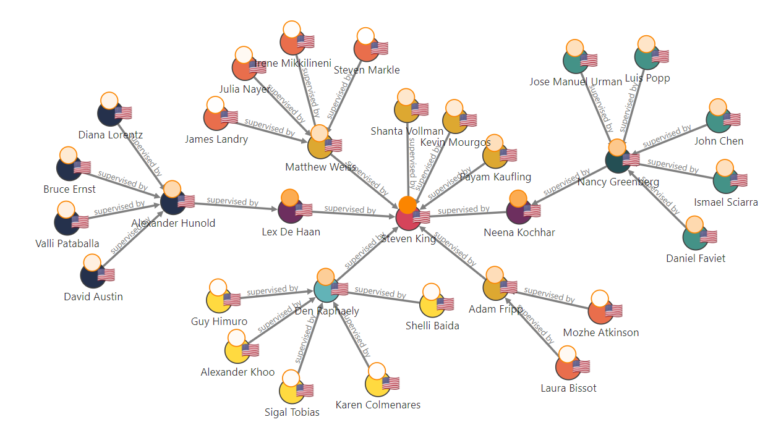
Benefits of Extending ERP Systems Using APEX
One of the major use cases of Oracle APEX is extending your ERP systems. But what is the benefit of extending your ERP system using APEX?
ERP systems often come with advanced features out-of-the-box, such as financial management, supply chain management, and reporting. Yet, they don’t always address some organization-specific requirements, functionality, or reports your unique business may need. It may also require too many steps to accomplish some business processes. This is inefficient.
By extending your existing ERP system using APEX, you can fill in those gaps and add more functionality that addresses your unique business needs.
One of the ways you can extend your ERP system with APEX is by adding tailored reporting and dashboards unique to your company, improving your overall workflow. In short, APEX allows you to customize and improve your out-of-the-box ERP system.
Let’s look at three specific benefits of extending your ERP system using APEX low-code capabilities:
1. Optimize Common Business Functions
The powerful components of APEX allow anyone to build highly advanced functionality within their ERP system. Knowing how extensive ERP systems of large-scale enterprises ought to be, APEX becomes a reliable solution as business owners and IT professionals alike can quickly deploy it to develop such high-level custom functionality with minimal time.
For example, companies can develop a tailored interactive dashboard to display financial metrics in real-time, helping the decision-makers to quickly evaluate the financial health of the company and make necessary adjustments. Supply chain administrators may also develop bespoke procurement apps that streamline and automate the procurement process, and HR managers can create self-service portals where employees can request leaves or see payroll data.
This level of flexibility allows organizations to optimize their business functions far beyond what a standard generic ERP system offers out of the box.
2. Adapt to Current Market Trends in Real Time
With Oracle APEX, you can build scalable apps in a matter of hours or days. Just drag and drop components, little or no coding required. But how does this help your ERP system?
You see, business requirements change quickly. This means that whether you are a new business or not, you need to develop business applications quickly that are easy to update as required. APEX solves this challenge, as the low code platform enables you to rapidly build robust apps and functionalities within your ERP system in days, rather than months or years.
Whenever your business requirements change, you can alter the apps to reflect those changes in real-time.
3. Seamless Integration and Compatibility
APEX is a free tool within the Oracle Database. So for businesses already running on the Oracle Database and leveraging Oracle ERP, APEX allows for a seamless data exchange.
Oracle APEX seamlessly integrates with Oracle ERP systems, eliminating the need for complex integrations and modifications. It’s a smooth transition and it is cost effective since APEX is free for Oracle users.
The Bottom Line
While your existing ERP solution may solve general business concerns within your industry, every company is unique and may require more customization. With Oracle APEX, you can build bespoke apps that not only use the ERP data but can also have local database objects to store additional data that are unavailable in the ERP system.
Accounting heads can create tailored financial apps and spreadsheets, HR managers can build self-service portals, and business owners can automate several business processes, eliminating errors and burnout. In essence, extending your ERP system using APEX allows you to enhance your business functions quickly and efficiently. For modern businesses, efficiency is key to staying competitive.
If you’re unsure how to get started with using Oracle APEX to extend your ERP system, you’ll want to work with a skilled Oracle APEX Developer. I can help you achieve your goals.
Get in touch today.



